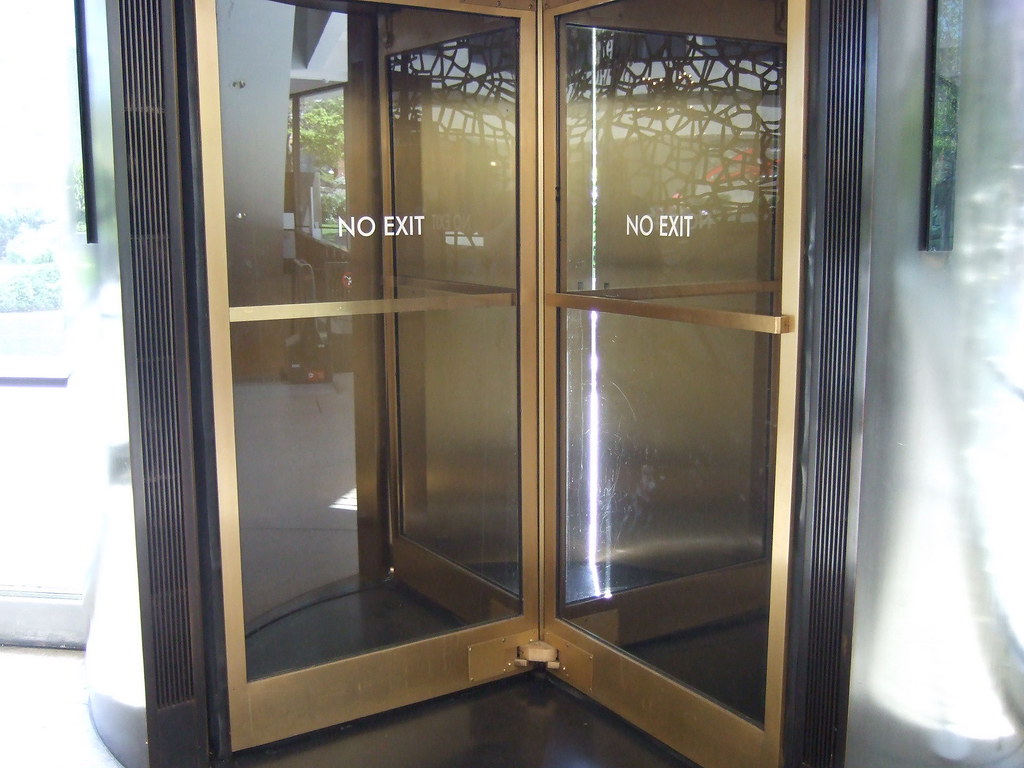
Preserving revolving door restrictions on former Pentagon officials
- 90% Percentage of former Pentagon officials hired by military contractors who work as lobbyists.
- $382.6 billion Total amount of taxpayer dollars awarded to defense contractors in 2019.
- $15.4 billion Amount that Raytheon Company -- Defense Secretary Mark Esper’s former employer -- received in Pentagon contracts in 2019.
As business interests have become more intertwined with government regulations and other official actions, the revolving door has become a much bigger problem – so pervasive that it seriously threatens the integrity of the governmental process.Craig Holman, government affairs lobbyist at Public Citizen
On Feb. 14, 2020, the Department of Defense — led by former Raytheon lobbyist Mark Esper — sent a request to Congress to roll back post-service lobbying restrictions on senior Pentagon officials. First, the department wanted to narrow the definition of lobbying so that the updated lobbying ban would apply only to direct “lobbying contacts” with covered officials as opposed to “lobbying activities.” This would allow for activities that are almost the same as lobbying.
Second, the department sought to allow former senior officials to lobby some components of the Pentagon immediately after leaving the department. They simply could not lobby their immediate former agency in the Pentagon.
The fulfillment of the Pentagon’s new request would have eliminated existing revolving door restrictions created under Section 1045 of the 2018 National Defense Authorization Act (NDAA). This provision instituted a “cooling-off” period during which, after leaving their government positions, former military officers above the rank of major general or rear admiral, and their civilian counterparts, cannot legally work as lobbyists, meaning they cannot use their connections to appeal to their former colleagues on behalf of their new corporate employers.
Had the rollback been successful, former Pentagon officials could have more easily taken advantage of insider department knowledge — intended to ensure national security — to receive lucrative employment offers from defense contractors and use their inside connections to win lucrative contracts for their new employers.
To protect against fraud and waste in defense spending, Public Citizen teamed up with the Project on Government Oversight and U.S. Sen. Elizabeth Warren (D-Mass.) to urge Congress to reject the Pentagon’s effort to roll back the revolving door restrictions. Public Citizen mobilized activists and contacted reporters to generate sufficient awareness among Senate Armed Services Committee members to prompt Chairman Jim Inhofe (R-Okla.) to drop the rollback effort.
What’s more, Public Citizen’s pressure prompted Sen. Jeff Merkley (D-Ore.) to file an amendment to the 2021 NDAA to extend the Pentagon’s strong revolving door policy to the entire federal government––not just the Pentagon.